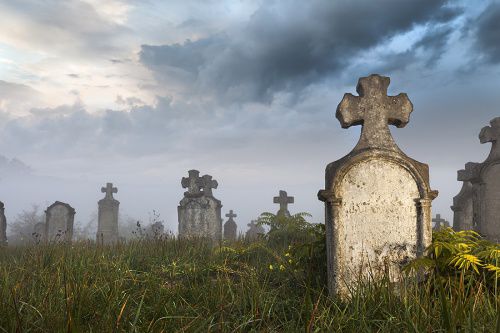As Canada moves toward legalizing assisted suicide, Catholic bishops and a large Protestant coalition — along with Jewish and Muslim leaders — have joined together to reaffirm the need to help the suffering without killing them. “On the basis of our respective traditions and beliefs, we insist that any action intended to end human life is morally and ethically wrong. Together, we are determined to work to alleviate human suffering in every form but never by intentionally eliminating those who suffer,” the joint statement said. The Declaration on Euthanasia and Assisted Suicide is a joint statement from the Canadian Conference of Catholic Bishops and the Evangelical Fellowship of Canada, a coalition of over 40 affiliated denominations. The statement, released Oct. 29, also has support from more than 30 other Christian denominations as well as 20 Jewish and Muslim leaders. “Humanity’s moral strength is based on solidarity, communion and communication — particularly with those who are suffering,” the statement continued. “It is personal attention and palliative care and not assisted suicide or euthanasia that best uphold the worth of the human person.” “It is when we are willing to care for one another under the most dire of circumstances and at the cost of great inconvenience that human dignity and society’s fundamental goodness are best expressed and preserved.” The declaration responded to the Supreme Court of Canada’s unanimous February decision which ruled that doctors may help patients who have severe and incurable suffering to kill themselves. The national parliament has a year to develop a legal response to the decision. Canadian officials in July announced the creation of a three-member panel to respond to the decision, while advocates of assisted suicide have objected that two of the members have opposed legalization of the practice. Canadian law had previously punished the counseling, aiding or abetting in a suicide with up to 14 years in prison. In reaction to the court’s decision, the religious leaders’ joint declaration affirmed “the sanctity of all human life” and reaffirmed a commitment to caring for those who are suffering and in pain. “Euthanasia and assisted suicide treat the lives of disadvantaged, ill, disabled, or dying persons as less valuable than the lives of others. Such a message does not respect the equal dignity of our vulnerable brothers and sisters.” The religious leaders said the sanctity of human life is a “foundational principle of human society” that is the basis for protecting the vulnerable and for recognizing the equal dignity of individuals regardless of their abilities. In wake of the court’s decision, the joint declaration said, Canadians should reflect on their personal and societal responses to “those who need our compassion and care.” The statement criticized the tendency to define human dignity in an emotional, subjective way. “For us, human dignity is most properly understood as the value of a person’s life before her or his Creator and within a social network of familial and societal relationships.” The signatories said that helping people live and die with dignity means ensuring their support with love and care; with quality pain control; with psychological, spiritual and emotional support; and with improved palliative and home care. In addition, the statement distinguished between the deliberate killing of someone and the withholding of burdensome treatment. “There is a fundamental difference between killing a person and letting her or him die of natural causes.” The religious leaders said health care systems must maintain “a life-affirming ethos.” “Medical professionals are trained to restore and enhance life. They are not trained or expected to administer death,” the statement said, warning that assisted suicide distorts the relationship between doctors and patients. Photo Credit: photoneye via www.shutterstock.com

